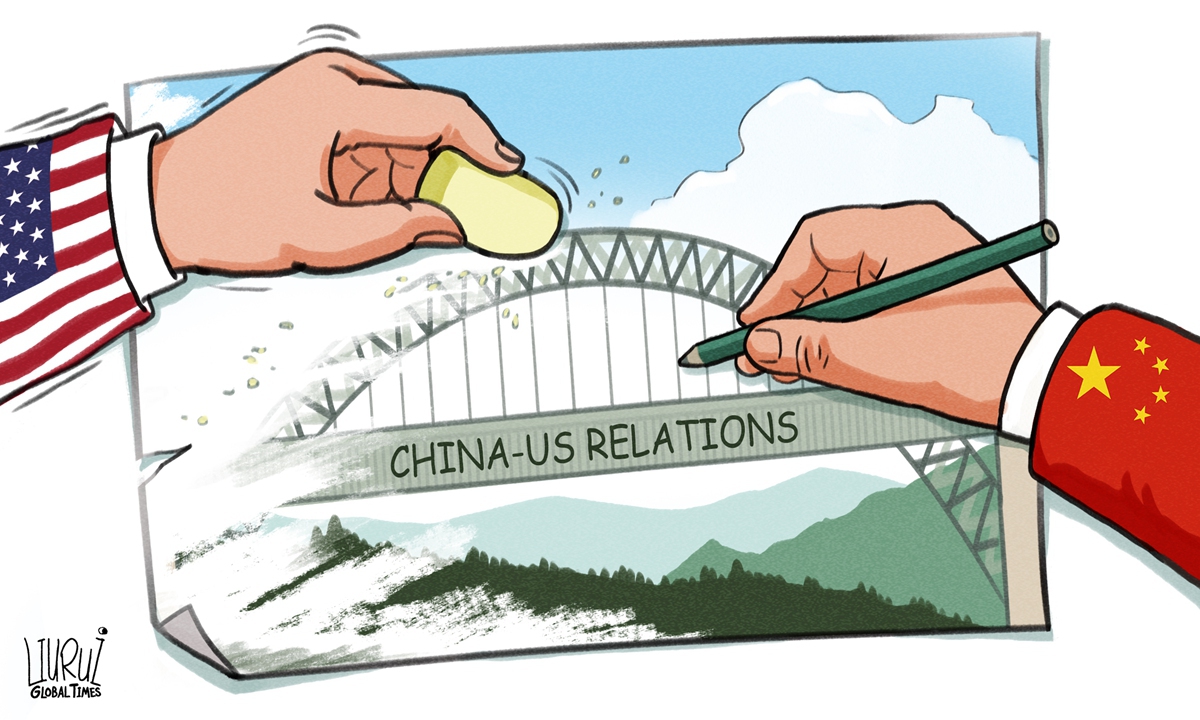
An Act of Tyranny That Undermines Our Alliance: US Forces Release Contaminated Water in Okinawa
These words describe the decision last month of the United States Marine Corps based in Okinawa to release contaminated water containing the organofluorine compounds PFOS and PFOA stored at Marine Corps Air Station Futenma into the local sewer system after subjecting it to dilution measures.
These substances decompose very little in the natural world and accumulate within living organisms. International organizations have classified PFOA as a possible carcinogen, while studies have shown that PFOS has adverse effects on health in animal experiments.
The contaminated water is said to have been generated from fire extinguishing foam containing these chemicals being used in training. Ministry of the Environment rules state that waste containing PFOS must be disposed of by means of incineration; up until now, U.S. forces have entrusted the incineration process to a specialist company.
On this occasion, however, this procedure was not followed. U.S. forces claim that it was necessary to act immediately due to the risk of the water tank overflowing following heavy rains. Releasing the water, they say, saved time and money, when compared to incineration.
U.S. forces have stressed that the amount of PFOS and other substances per liter in the treated water fell below various standards, such as the standard for Japanese tap water, and have insisted that the release of the water was safe.
However, when officials from the local city of Ginowan inspected sewage flowing from the airfield immediately after the release of the water, they found that toxic substances in the samples taken were more than 13 times the standard amount. U.S. forces must investigate this situation and provide an adequate explanation to Japanese authorities.
There are also many issues when it comes to procedure.
The Okinawa prefectural government was informed of the plan to release the water in July, and in response requested that the waste be incinerated. U.S. forces decided to release the contaminated water at the very time the Japanese and United States governments were discussing how to handle the situation.
U.S. forces gave only 30 minutes’ advance notice of their actions. While the prefectural government immediately called for a halt to the plan, they were reportedly unable to stop U.S. forces releasing all 64,000 liters (16,640 gallons) of contaminated water.
These actions were taken in bad faith and ignored the pleas of the Japanese authorities. It is vital that U.S. forces explain their rationale and the circumstances surrounding this decision.
Only last year, there was an incident at Futenma when fire extinguishing foam containing PFOS flowed out of the premises. In June of this year, contaminated water leaked from a tank at the U.S. forces facility in the city of Uruma. U.S. forces have been reluctant to provide information or explanations for such incidents, fostering distrust among citizens.
The stable operation of U.S. bases and the alliance between the U.S. and Japan cannot continue without trust. U.S. forces should realize that by engaging in this kind of behavior, they are damaging the foundation of that trust.


